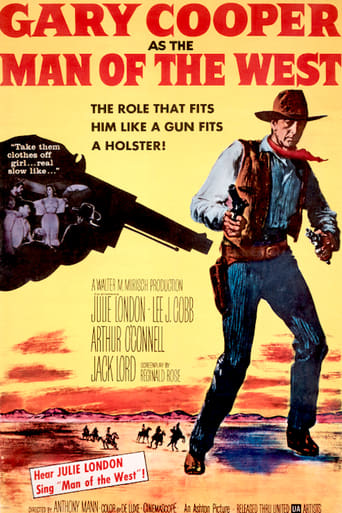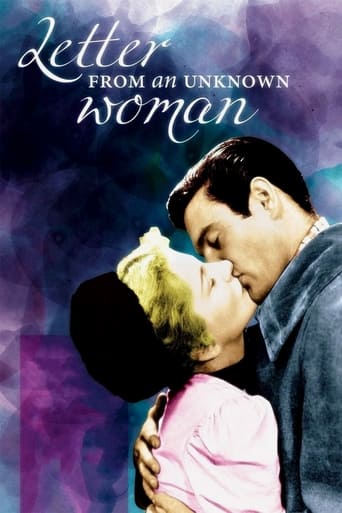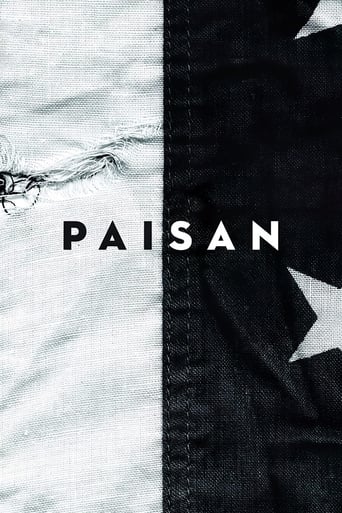


Paisan
Six vignettes follow the Allied invasion from July 1943 to winter 1944, from Sicily north to Venice.
-
- Cast:
- Dots Johnson , Maria Michi , Harriet Medin , William Tubbs , Leslie Daniels , Giulietta Masina


Similar titles
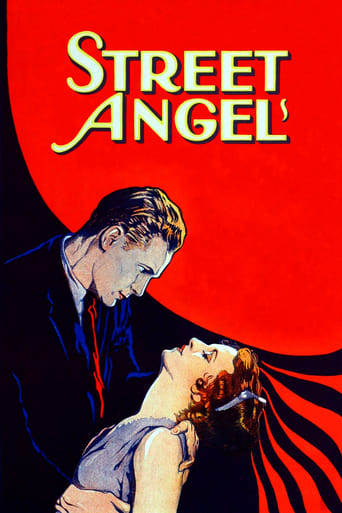



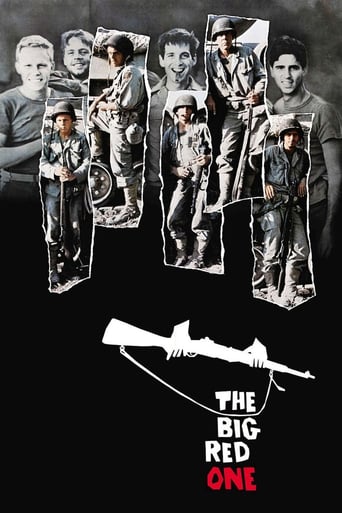
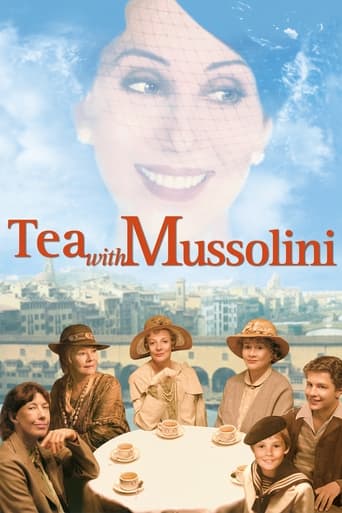
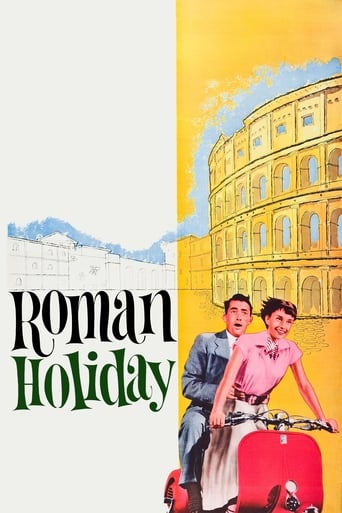

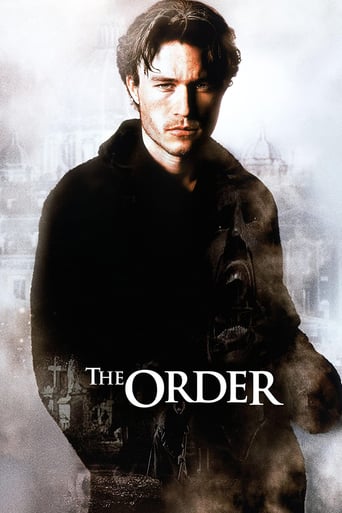
Reviews
good back-story, and good acting
This is a small, humorous movie in some ways, but it has a huge heart. What a nice experience.
Although I seem to have had higher expectations than I thought, the movie is super entertaining.
The plot isn't so bad, but the pace of storytelling is too slow which makes people bored. Certain moments are so obvious and unnecessary for the main plot. I would've fast-forwarded those moments if it was an online streaming. The ending looks like implying a sequel, not sure if this movie will get one
Paisa is a collection of six short films that make up the second part of a war trilogy, directed by Roberto Rossellini. As I watched all six films the main theme I observed was friendship, more specifically the ability to make and retain friends from many different social and cultural backgrounds. Although all the films carry with them this central theme, I am only going to be discussing the first film. This first film deals with three American soldiers, who hire an Italian woman, named Carmella, to lead them through a German minefield. Two of the men decide to go check out the territory, while the third man, whose name is Joe, and Carmella stay hidden in the basement of a seaside castle. While in the basement, Joe uses his limited knowledge of Italian to talk to and befriend Carmella. As they discuss both their lives, Joe and Carmella develop a friendship, at speed which can only be attributed to what I call, fast-friendships, developed at times of great stress, people just want to believe they are not alone in their war-torn life. Joe uses his basic skills in Italian, to talk to Carmella, who could by all accounts be considered the enemy, in fact when the other two soldiers, return to the castle and find Joe dead and Carmella missing, even they believe that Carmella is behind Joe's death. They themselves would find it hard to believe that in the short time that Carmella and Joe were left together, that they could become such good friends. So good, in fact, that when the German/Italian soldiers shot and killed Joe, Carmella made sure to get revenge, sacrificing her own life so that Joe's death, would not go unnoticed. Unfortunately for Carmella, although Joe's death did not go unnoticed, it was not because of her sacrifice. Joe's two army buddies believed that Carmella was the one to kill Joe, which was really sad, because now in the future they will probably not be as quick to help and befriend the native population of the countries they are at war with.
Paisa, which is a greatly directed piece of work by Roberto Rossellini, this movie, is an interesting tell of a war movie, in this war movie however it shows six different films, all of which doing with a total different character and also dealing with a different part of the war. Each one of these stories has a true meaning to it, because a lot of this actually happens in the war, such as the little boy who is alone in Napoli, the woman who falls in love with the GI, but ends up turning into a not so nice woman. Also the story based in Florence based on true events that actually happen, the British officer that talks with the German troops that are destroying all in their way, the execution of the fascist sniper, and even that part where people are running down the Gallery of Uffizi. The last episode though was the most intense, and horrifying episode, because unlike the others that you felt were real, it wasn't until this episode that you could feel the fear that the people had of death, the smell horrifying images of deaths, and even the true brings out all the true feelings that many don't understand of what war is like or how it affects not only the person in the war, but everyone they know and care for. This movie was a great War movie, a must see. It has the feelings of war, the feelings of what it is like to come back from war and even brings in a little bit of romance to tie it all together.
The film Paisan from Roberto Rossellini is a very influential film in terms of it truly expressed Italian neorealism. The film itself deals with the poor soldier class during World War II in Nazi Germany as they are basically losing the war against the Allied forces. I got this sort of authenticity from the film though just because Rossellini went with non-professional actors which is very common in Italian neorealism films. Because most of these actors were probably soldiers during World War II it gave me a better view of what the characters actually went through in terms of how they experienced the war and it just made the movie more authentic which is what you want in a film like this. It was a relatively long movie, split up into six different chapters, and all the dialogue is spoken in Italian. The Italian dialogue has it's ups and downs for me in terms of, yes, this is an Italian neorealist film so the basic language should be Italian. But for me being of a newer, younger generation these types movies can be hard to sit through just because my generation is used to the violent action packed cinema. And while I really enjoyed Inglourious Basterds (which is like 2/3 in another language besides English) it still just makes the watching experience that much longer and unenjoyable. So my only complaint in this movie is the Italian dialogue with English subtitles, but overall it gets the point across. And I now have a set example of how an Italian neorealist movie is made.
I'd caught snippets of this over the years but settled in recently to watch it from beginning to end. It's a turn off at first. The images are grainy, the budget could crawl under a duck's belly, to borrow a trope, and the gestures towards professional acting are perfunctory, especially in the case of the non-Italians. On top of that -- and here I'm thinking of today's kids -- the whole thing is in black and white, there's not a recognizable face on the screen, and there are plenty of SUBTITLES. Enough to make any young person weaned on remakes of remakes, filled with computer-generated effects, weep with abandon.But if you stick with it, you are drawn into the six vignettes as, one by one, they spell out the travails of Italian citizens and partisans in the course of the Italian campaign, from Sicily to the Po. And half the dialog is actually in English.The contents of the six episodes are spelled out elsewhere -- the plot summary, for instance, so there's no real reason to go over them again. Each carries some sort of existential lesson. The German soldiers may kill Carmela but the American soldiers blame her for a comrade's death. People misunderstand one another out of carelessness or lack of effort.The African-American GI may be thoroughly browned off when a street urchin steals his boots, but when he follows the kid home to retrieve them, and sees the miserable conditions under which the orphan's neighbors live, he drops the shoes and walks off, perhaps a little ashamed at having complained of his own poverty at home.The most enlightening (and the funniest) episode involves three American chaplains visiting an ancient monastery in Northern Italy. The otherworldly monks quietly welcome the American visitors and use the gifts the GIs brought with them to prepare a feast in their honor -- or rather what passes for a feast in a bleak and barely post-war monastery. At prayer, only one of the chaplains participates, the one who speaks Italian. One of the monks asks why the other two didn't pray and the chaplain explains that one is a Protestant and the other a Jew. A dog, a panic in a pagoda! The monks have heard of Protestantism and Judaism but have never set eyes on any exemplars. They scurry around like mice, spreading the word, responding in mixed ways, but in the end deciding to forgo their participation in the elaborate dinner. They will fast while their guests eat, hoping that by this small sacrifice the two unbelievers will some day see the light and achieve salvation. The Catholic chaplain makes a short speech explaining that the other two are among his dearest friends but that he has learned the true meaning of faith during his brief time at the monastery. The episode ends on this ambiguous (and grown-up) note.The last episode ends tragically, a downbeat climax that one wishes had contained some note of hope.Put up with the lack of money and the clumsy performances and let's see if we can learn something too.



